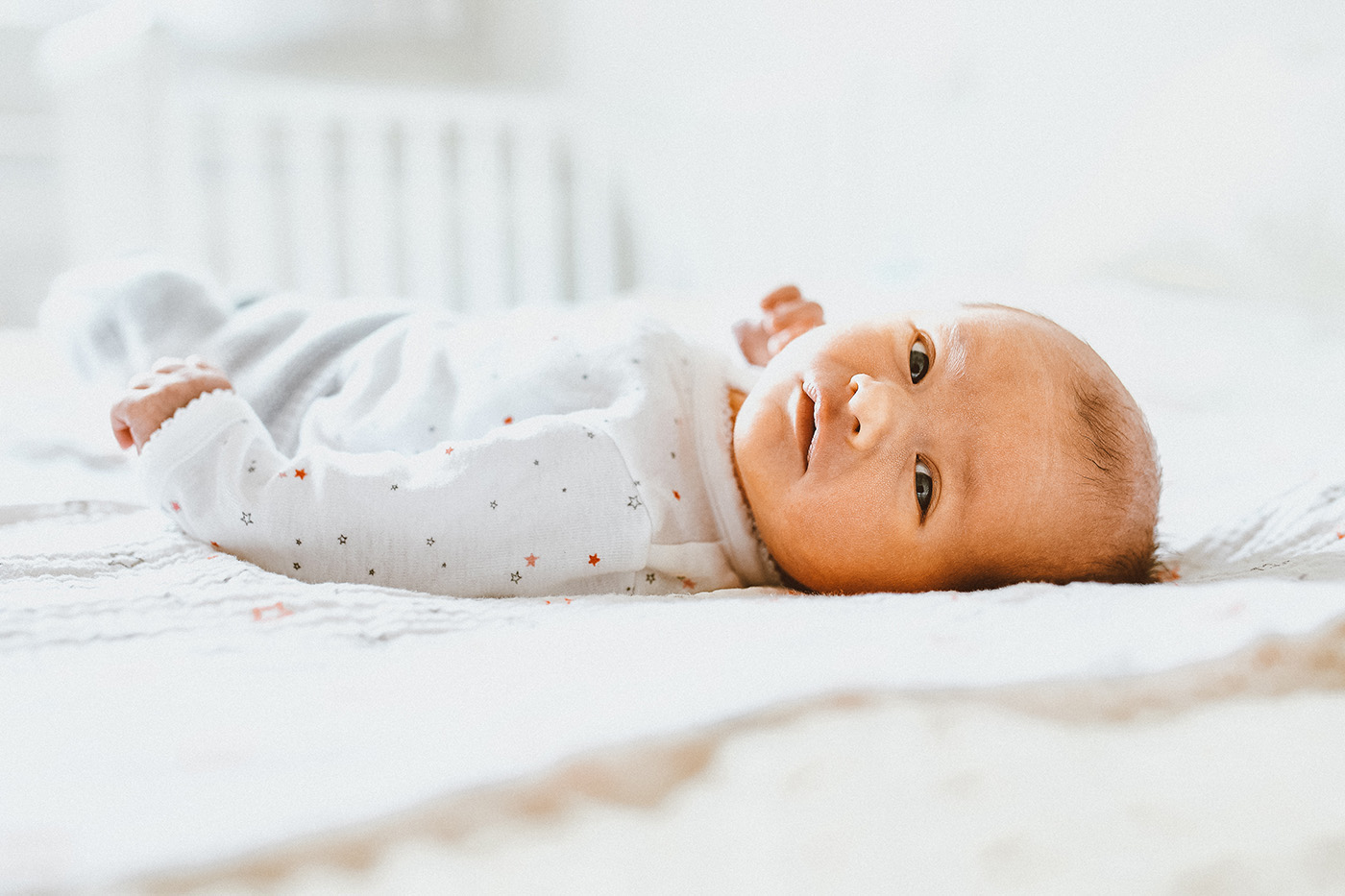Going Out to Dinner with Kids While on a Sleep Schedule
Sleep Space & Routine: The Key to Helping Your Baby Sleep Better
When someone asks me, “what will help my baby sleep?” many, many things may come to mind. There are, however, two key components that are included in every sleep plan that are always my first suggestion. Sleep space and routine. It may seem trivial, but these two things are one of the best ways to lay a healthy foundation to your baby’s sleep.
If you’re looking for an easy path to better sleep, let’s start here with these two key components to independent sleep.
The Importance of a Bedtime Routine
You may have read my other blog on routines, but I truly can’t overstate the importance of them! Routines are important tool to teach your child what to expect, and what will be expected of them. Routines are a part of life as soon as your child enters daycare or school, and while you may grow weary of doing the same thing, in the same order, night after night, your child will learn what this routine means and anticipate what happens next.
When it comes to sleep training, the routine that is in place, unintentionally impacts sleep. Feeding to sleep or rocking to sleep can quickly become your child’s routine.
What Does a Good Bedtime Routine Look Like?
If you’re routine has negatively impacted sleep or you don’t have a routine yet, no worries. It is never too late to start a routine or make changes to an existing routine.
My advice is to keep it simple. Bedtime routines aren’t meant to be elaborate or complex. They are a way to cue your child’s mind and body that it’s time to settle down and sleep is imminent. Bedtime routines should last about 20 minutes and may include brushing teeth, putting on pajamas, and a bedtime story.
Avoid anything rambunctious or stimulating, but instead provide the necessary transition from an active day to a peaceful bedtime. If your kids have a last burst of energy, make time for that before switching gears to wind down. When that routine is consistent, your child know what to expect each and every night, which will help you both enjoy bedtime a lot more.
The Importance of Sleep Space

For some parents, there’s little more that’s precious than holding your sweet, sleeping child.
As a sleep expert, I wouldn’t be doing my job if I didn’t share my concerns over safety and how sharing a sleep space can also result in sleep disruptions – for you both. The AAP recommends a baby sleep on their back in a crib with a firm mattress and a fitted sheet, with nothing else in their sleep space, such as blankets or stuffed animals. For parents who want to keep baby close by we recommend room-sharing.
Additionally, as human cycle through the various stages of sleep, we rouse, and quickly fall back to sleep. If your child relies on you to fall asleep, sharing a sleep space will mean that they are relying on you to connect sleep cycles all night long. If you are hoping to break this habit and help your child connect their sleep cycles independently, they will need their own sleep space to learn the skill.
Sleep Space + Routine = Foundation for Sleep Skills
You might be thinking your little one isn’t just miraculously going to go to bed without you nursing her to sleep or rocking her in your arms because some person on the internet tells you that’s what needs to happen. And you’d be right.
It’s not a routine yet. But it will be, in time. You can start tonight. Continue to work towards the routine you want, and find the way to get your baby into their own sleep space. When you both start getting more sleep, all your efforts will be worthwhile.
And if that scares you or overwhelms you, reach out. We have a whole team of sleep consultants at the ready to help walk you through this season in a way that doesn’t leave either one of you emotionally exhausted, frustrated, or ready to give up.


